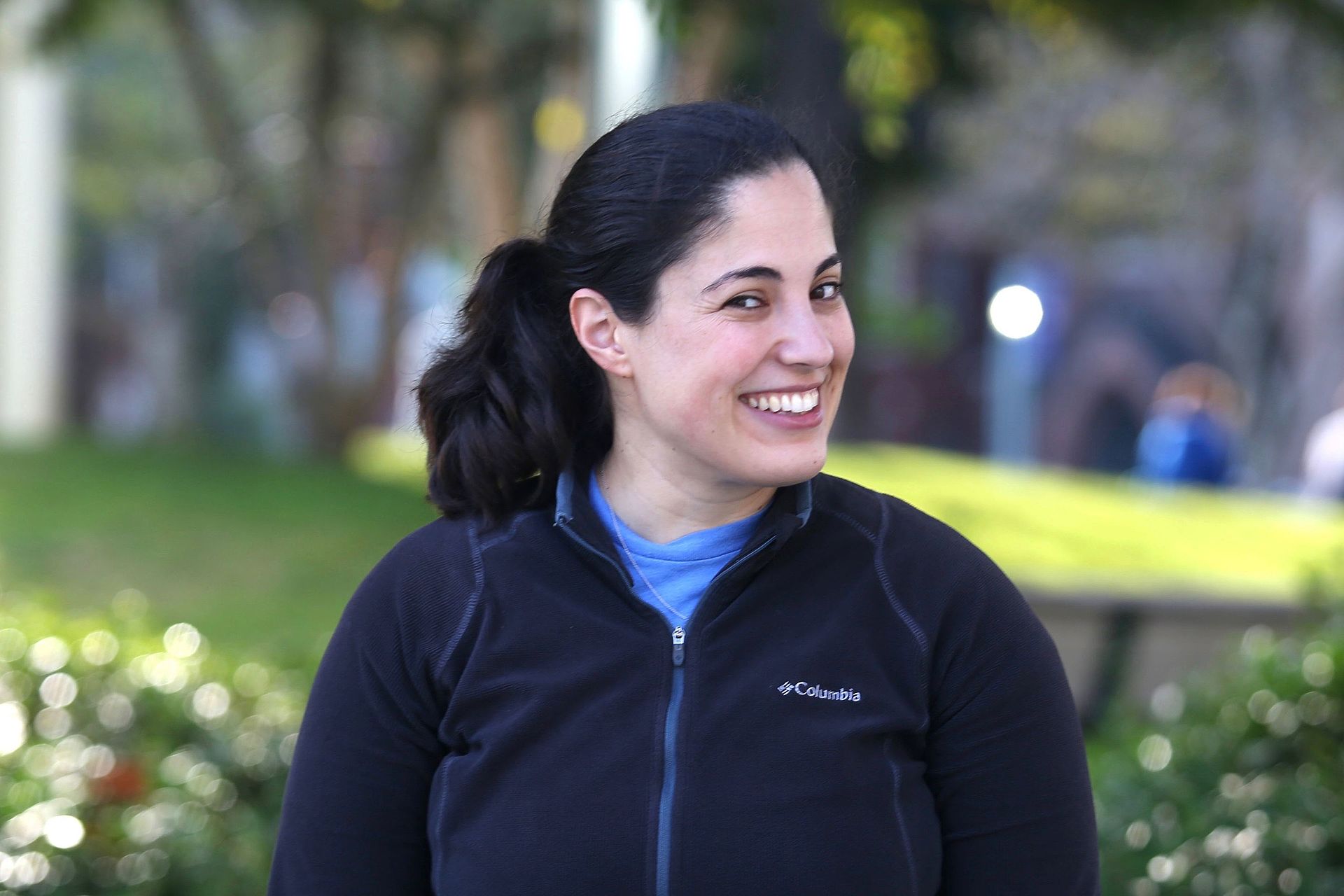Help us protect the commons. Make a tax deductible gift to fund our work. Donate today!

By ZMcCune (WMF) [CC BY-SA 4.0 ], from Wikimedia Commons
Melody also runs an email newsletter about creative and magical projects and tweets brilliantly @mkramer.
You wrote in Poynter in March 2016 that “it’s time for news organizations to embrace Creative Commons.” With the events of the past few years and the increasing awareness of so-called “fake” news, do you still feel that way? What’s changed since you wrote that article? What can newsrooms do to leverage the power of Open?
I point to ProPublica as an organization that leverages Creative Commons licensing in an incredibly strategic and smart way. ProPublica is an organization that deeply cares about the impact of their journalism, and they want their journalism to reach the widest audience possible — even if that means that other organizations publish their material under the CC license. But ProPublica also requires organizations to add a snippet of Javascript so that they can track metrics, and also has a list of requirements (none particularly taxing) that ensure reprints are on the up-and-up. In short, this helps fulfill ProPublica’s mission, gives them audiences they might otherwise not have, and does all of this leveraging the power of free and open licensing.
I do not think Creative Commons licensing is right for every news organization or every story published – there are different revenue strategies for every news organization. But for enterprise stories that will deliver a large impact, I think it makes sense to examine whether following ProPublica’s lead makes sense — particularly if showing greater impact can lead to greater funding. (And the uptick in misinformation and disinformation makes getting good, enterprise journalism out to audiences all the more important.)
Publishers should be allowed to determine their own revenue strategy and the way in which others can use their work. Josh Stearns once outlined 52 different revenue strategies for news organizations and many of them (but not all) benefit from having their content freely available to the public.
In your role as Senior Audience Development Manager at Wikimedia, you work to better communicate free and open access to knowledge around the world. How can open movements better communicate our message? How can we leverage our collective power?
It’s a tricky message to convey, and I’m grateful that we’re part of a larger ecosystem of organizations that think deeply about how to talk about this stuff. I really like tools like Choose a License which basically give people the information that they need in a really easy-to-understand way. I’m a big believer in thinking through:
What does someone need to know?
When do they need to know it?
Why?
What’s too much information?
I also look outside of the open ecosystem for really good examples of explaining tough concepts. For example, Khan Academy takes tough academic concepts and creates very easy-to-understand, short videos. I think about their videos a lot.
The hidden labor (particularly by women) in Open is a major issue for the movement. You have a prolific output as a writer and culture maker on the web. How do you balance your personal projects and interests with the work you do for Wikimedia? How do you value your labor in the Commons and make the choice to share? Not to put too fine a point on it, but where do you find the time?
It’s really, really hard. I really love writing and it’s both a passion and a discipline for me — so it is relaxing and enjoyable for me. But I’m also a relatively new mom, and have cut back a bit recently because I don’t always want to be in front of a screen; I want to focus my full attention on my son when I’m not working. In my writing, I try to abide by the philosophy of “good enough.” It would take me a very, very long time to write something perfect that I would be perfectly content and happy about, so I don’t do that. I write “good enough” which gets the point across, but maybe isn’t the most eloquent way of putting something (for the writing I do in my personal time.) And I’ve also started saying no more. I may Skype into something that I previously would attend in person. I might do a phone call or a Hangout instead of something more taxing. Balance is something I’m constantly striving towards (which doesn’t sound very balanced.) It helps that I live in a small town in the South, where a lot of people get off screens to make music and enjoy each other’s company.
What are some CC things you love? What gets you psyched about working on the web these days?
I really find myself missing the old days of the web, when you would stumble down a random rabbit hole and learn about topics like bicycle repair or cheesemaking or advanced math. There were so many syllabi online in those days, and they really helped me with my own coursework (and with just learning material on my own.) I’m always happy to see when professors still put their syllabi online with a CC license. (Example.) It really helps spread knowledge and make it accessible.
What’s psyching me about working on the web these days is how many people seem to be returning to the wild quirky 90s days of the web. I love blogs. I love single purpose sites. They’re increasingly hard to find due to search engines – but I return again and again to sites like Metafilter which surface all sorts of links I wouldn’t otherwise see.
Posted 13 July 2018